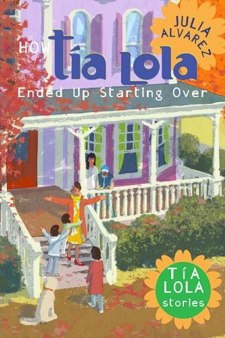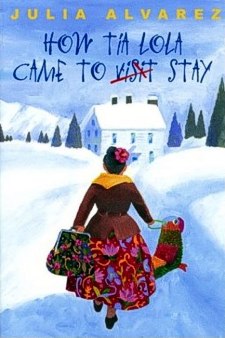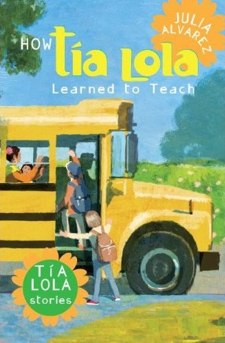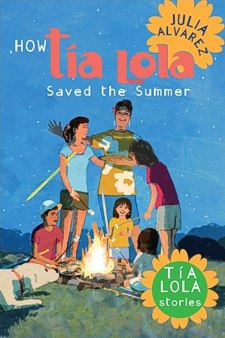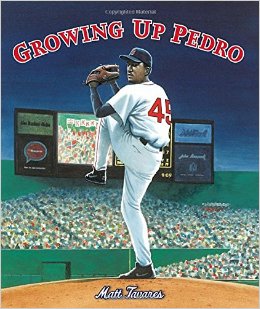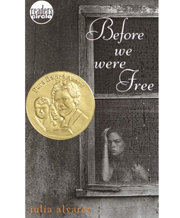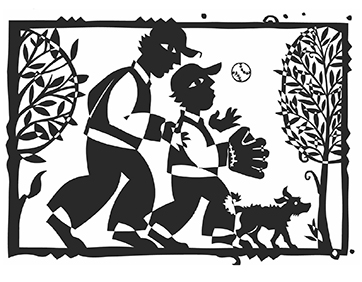
My name is Santiago.
I am Dominican.
I live in Detroit.
I am Latino.
Questions to Initiate and Guide the Creative Reading Dialogue
Descriptive Phase
What sport did Santiago play? Did he enjoyed it? Was he good at it?
Why did his father encourage him to study?
What was Santiago’s dream?
Personal Interpretive Phase
Santiago’s dream has been built around the needs of others. What is your own dream?
Critical/Multicultural/Anti-Bias Phase
Through the years many Latinos have dropped out of high school. What do you think
may be some of the causes why they don’t continue to study?
How could these causes be remedy?
Creative/ Transformative Phase
What will you do to make sure you fulfill your dream?
Activities Students Can Do Individually or in Groups
Invite students to research the Dominican Republic. They can draw a map and indicate the major cities of the island. They can create a time line of important moments in the history of the Dominican Republic.
Encourage students to make an ABC book about the Dominican Republic. You can see examples of ABC books done by teachers and students in: www.authorsintheclassroom.com
Specifically at: http://authorsintheclassroom.com/4-building-communities-alphabet-books/
Facilitate that students write a list of Dominicans, or people with Dominican ancestry, that have contributed in science, art, music, literature, etc. They can then make a collage with photos of these individuals.
Have each of the students select one of these characters and then write the persons’ autobiography, that is tell the life of the character in first person. When they share with the class their “autobiography” they can dress as the character or hold appropriate props.
A Creative Writing Transformative Education Activity
Invite students to create a book of My Goals.
The creation of authentic books in the classroom is heightened when the process is extended to the students’ family.
After you create your own book of My Goals for My Students you can send a copy to the students’ parents or caregivers and ask them to write, or to tell the student, what their goals are for the student’s life.
Very frequently parents are hesitant to share, because they have not been asked to do so previously. Make sure to celebrate those parents who do respond, and have the students share at their home the response of other families, as an encouragement for their own family to also share.
The collective goals received from the parents can make a powerful book: Our Goals for Our Children.
Then have the students create their own individual books, and a classroom book, of their goals.
To find the principles of Transformative Education and the Authors in the Classroom Process go to www.authorsintheclassroom.com
Specifically to see examples of Goals books written by teachers, students and their parents you can go to:
http://authorsintheclassroom.com/8-learning-to-know-our-goals-books/
Related Books Grades 2-4
.
Related Books Grades 4-8
.

